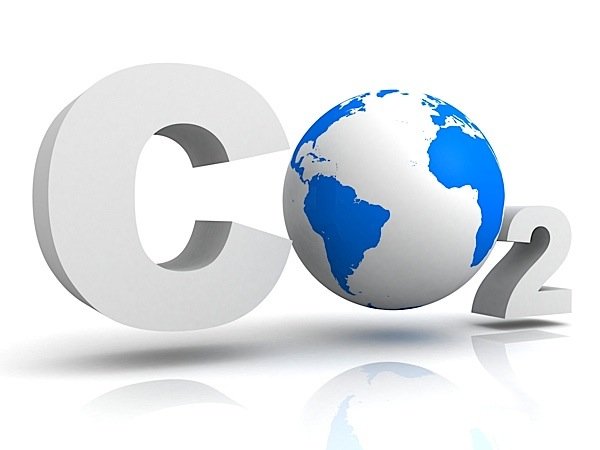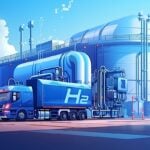It could take US President Obama to force Stephen Harper to do something he has shown little inclination to do: put in place stricter carbon emission regulations for Canada’s fossil fuel industry. Only then will Obama have the leverage he needs to approve the Keystone XL pipeline. The premier of Saskatchewan, Brad Wall, said in a speech yesterday that environmental “elbow room,” in the form of tougher emissions regulations, is what Obama needs to appease environmental opponents and approve the pipeline.
In a letter to US Secretary of State John Kerry, Canada’s ambassador to the United States, Gary Doer, promised that Canada is committed to “further action” that will include regulation of the oil and gas sector. For years, Stephen Harper has maintained that Canada is in the process of harmonizing its emissions standards with those of the US.

The two countries have been cooperating on harmonizing national emission standards for new vehicles under the Canada-United States Air Quality Agreement. A broad plan to “simplify and align” the two countries’ approaches to regulation was announced back in February, 2011. The Canada-United States Regulatory Cooperation Council was set up to accomplish this regulatory alignment in a broad range of sectors, including Environment and Energy. One of the aims of that agreement was to “streamline permissions for and construction of new cross-border energy infrastructure, e.g., a single Canada-US regime for permitting oil and gas pipelines.” The aims under Environment and Energy do not specifically address the issue of greenhouse emissions from the oil and gas industry.
The average greenhouse emissions created in the extraction and upgrading of crude derived from oil sands are estimated to be up to 4.5 times greater per barrel than for conventional crude, though the numbers on this vary quite widely. A report on oil sands and the Keystone Pipeline prepared for member of Congress in the United States is even more damning, having found that Canadian oil sands crudes are more “emission-intensive” than any other crudes imported into the United States. The report states that production (well-to-tank) greenhouse gas emissions are 70–110 per cent higher for Canadian oil sands crudes than for other transportation fuels sold in the US.
The Alberta government’s own statistics (2010) show that oil sands operations contribute more greenhouse emissions to the environment than any other indusrial sector.
These emissions worries, along with the perceived risk of spills from any pipeline, are what most concern those who oppose the Keystone development. Therefore it is necessary for the Canadian government to reassure the Americans that more is being done to reduce those emissions.
In Doer’s letter to John Kerry, he states, quoting Stephen Harper, that the Canadian government is prepared “to work with the United States on a regulatory regime that will bring our emissions down.”
In the opinion of many, Canada has not delivered on past promises to bring down its greenhouse gas emissions in the fossil fuel industry.
Meanwhile, the man who would build the Keystone XL pipeline, TransCanada CEO John Girling, reiterated his confidence that the pipeline will be built. Speaking at an industry conference in Houston, Girling said that the “marketplace continues to push us to build a pipeline. It’s the right thing to do.”
































